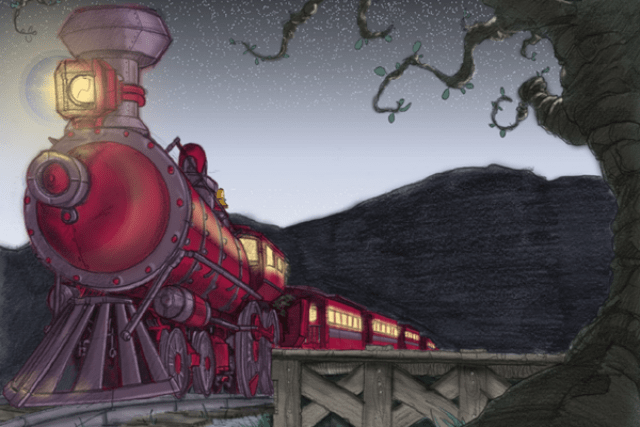
According to a former artist who worked for Nintendo Software Technology at the time, news of the Harry Potter license’s impending sale prompted studio executives to halt work on three titles (Ridge Racer 64, Bionic Commando, and Crystalis) in order to focus efforts on developing the Potter pitch. The studio was split into two teams. The primary team focused on a pitch for a third-person adventure game. Meanwhile, a smaller group worked on a game based on the high-flying wizard sport of Quidditch. Nintendo Software Technology hoped to develop adaptations for Nintendo 64, Gameboy Advance, GameCube, and future platforms, coinciding with the release of each subsequent book in the series.
Rowling saw Nintendo’s pitch, but Unseen 64’s source reports that there was a disagreement about art style. Initially, the plan had been to use a Western cartoon style inspired by Thomas Taylor’s cover art for the first edition of the book. Eventually, studio management opted to push instead for a more Japanese, manga style, which caused friction within the team.
Nintendo’s proposal was unable to live up to the greater resources behind offers from companies like Universal and Disney. Nintendo could only offer its expertise in gaming, while larger media companies could offer film and television as well. Rowling ultimately sold the rights to Warner Bros. for a reported £1 million. Warner Bros. in turn brought in Electronic Arts to create video game adaptations of the series, starting with the multiplatform release of Harry Potter and the Philosopher’s Stone in 2001.
Editors' Recommendations
- The best gifts for Harry Potter fans in 2023
- Harry Potter: Quidditch Champions: release date speculation, trailers, gameplay, and more
- Mobile AR game Harry Potter: Wizards Unite live on iOS and Android a day early


